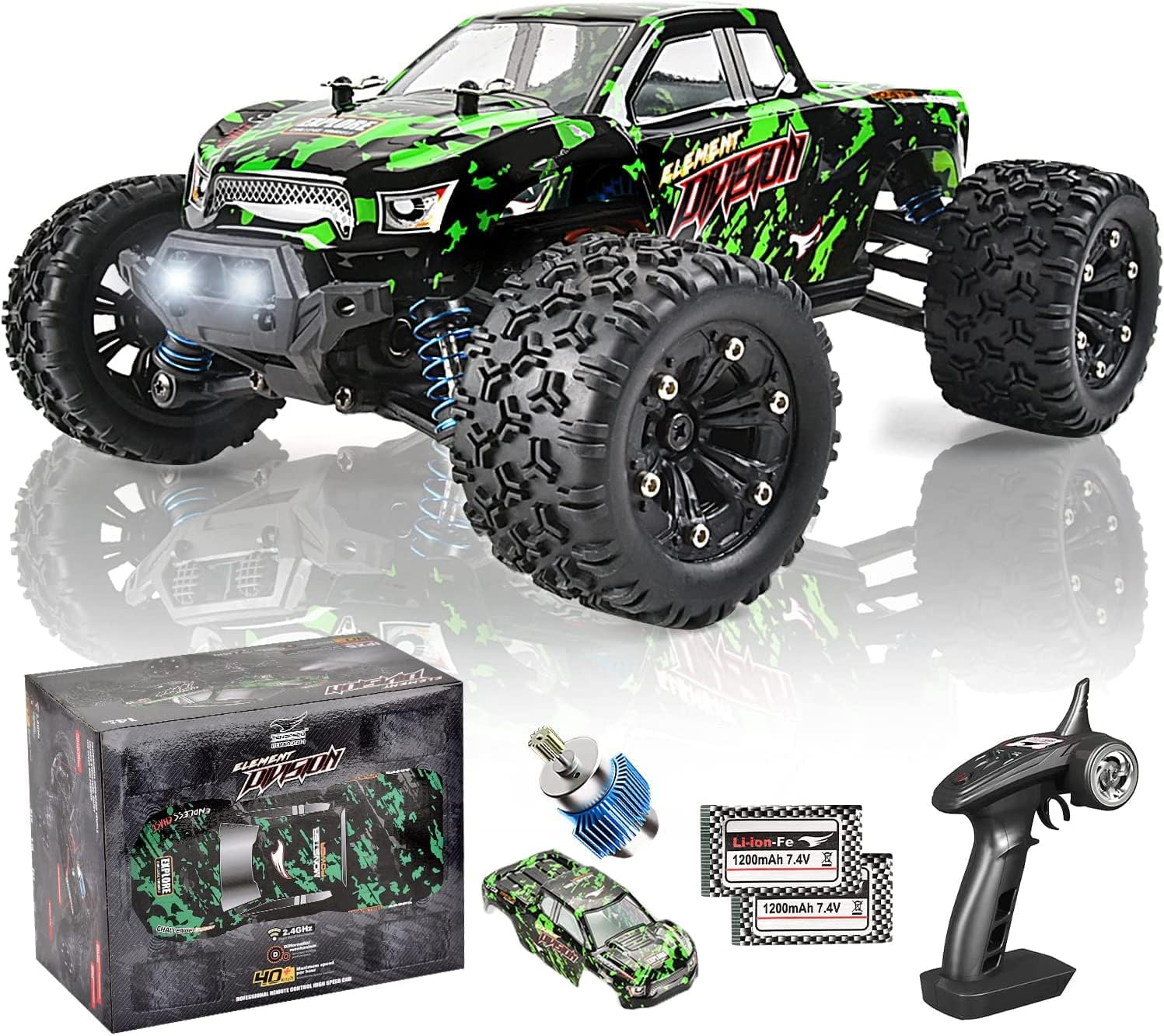Discussions
Powering Your Passion: Finding the Right Batteries for RC Cars
The thrill of operating a radio-controlled (RC) car hinges significantly on its power source. Choosing the right batteries for RC cars is crucial for optimal performance, runtime, and overall enjoyment of your hobby. Whether you're a seasoned racer or a weekend enthusiast, understanding the different types of batteries available and their characteristics will empower you to make the best choice for your vehicle.
RC Mumbai, your one-stop-shop for all your drone needs in India. We offer a wide range of high-quality Lipo batteries, drone accessories, multirotor parts, and FPV racing accessories.

The world of batteries for RC cars has evolved considerably, with lithium polymer (LiPo) and nickel-metal hydride (NiMH) being the most prevalent types today. Each offers distinct advantages and disadvantages, making them suitable for different applications and user preferences. When selecting batteries for RC cars, considering factors like voltage, capacity (mAh), discharge rate (C-rating), and physical dimensions is essential.
LiPo batteries for RC cars have gained immense popularity due to their high energy density, lightweight design, and ability to deliver significant power. This translates to longer runtimes and quicker acceleration for your RC car. LiPo batteries are typically lighter than NiMH batteries of comparable capacity, which can improve the handling and agility of your vehicle. However, LiPo batteries require more careful handling and charging procedures, necessitating a LiPo-specific charger and adherence to safety guidelines to prevent damage or hazards.
When looking at batteries for RC cars, the voltage is a critical specification. RC cars typically operate on voltages ranging from 7.2V to 14.8V or higher, depending on the model and its power requirements. Ensure that the battery voltage you choose is compatible with your RC car's electronics. Using a battery with the incorrect voltage can lead to performance issues or even damage to the motor and other components.
Capacity, measured in milliampere-hours (mAh), determines how long your RC car can run on a single charge. A higher mAh rating generally translates to longer playtime. However, a higher capacity battery might also be physically larger and heavier. Balancing runtime with weight and fitment is an important consideration when selecting batteries for RC cars.
The discharge rate, indicated by the 'C' rating, is particularly important for high-performance RC cars. It signifies the maximum current the battery can safely deliver continuously. A higher C-rating is crucial for vehicles that demand bursts of power for acceleration and high speeds. Choosing batteries for RC cars with an inadequate C-rating can lead to voltage sag, reduced performance, and potential damage to the battery.
NiMH batteries for RC cars are a more traditional and generally more robust option compared to LiPo batteries. They are known for their greater tolerance to overcharging and discharging, making them a more forgiving choice for beginners. While NiMH batteries typically have a lower energy density than LiPo batteries (resulting in shorter runtimes and potentially heavier weight for the same capacity), they are often more affordable and require less stringent charging procedures.
When shopping for batteries for RC cars, the physical dimensions and connector type are also crucial. Ensure that the battery pack fits comfortably within the battery compartment of your RC car and that the connector type is compatible with your vehicle's wiring. Common connector types include Tamiya, Deans (T-plug), and EC3/EC5. Using an incompatible connector will require an adapter, which can introduce additional points of failure.
The lifespan of batteries for RC cars is influenced by several factors, including the quality of the battery, charging and discharging practices, and storage conditions. Investing in reputable brands known for their quality and durability can contribute to a longer lifespan. Always use a charger specifically designed for the type of battery you are using (LiPo or NiMH) and follow the manufacturer's recommendations for charging and storage to maximize the lifespan of your batteries for RC cars.
In conclusion, selecting the right batteries for RC cars is a critical aspect of enjoying the hobby to its fullest. Understanding the differences between LiPo and NiMH batteries, along with key specifications like voltage, capacity, and discharge rate, will guide you in making an informed decision. Consider your driving style, the power requirements of your RC car, and your comfort level with battery maintenance to choose the batteries for RC cars that best suit your needs and power your passion on the track or trail.
